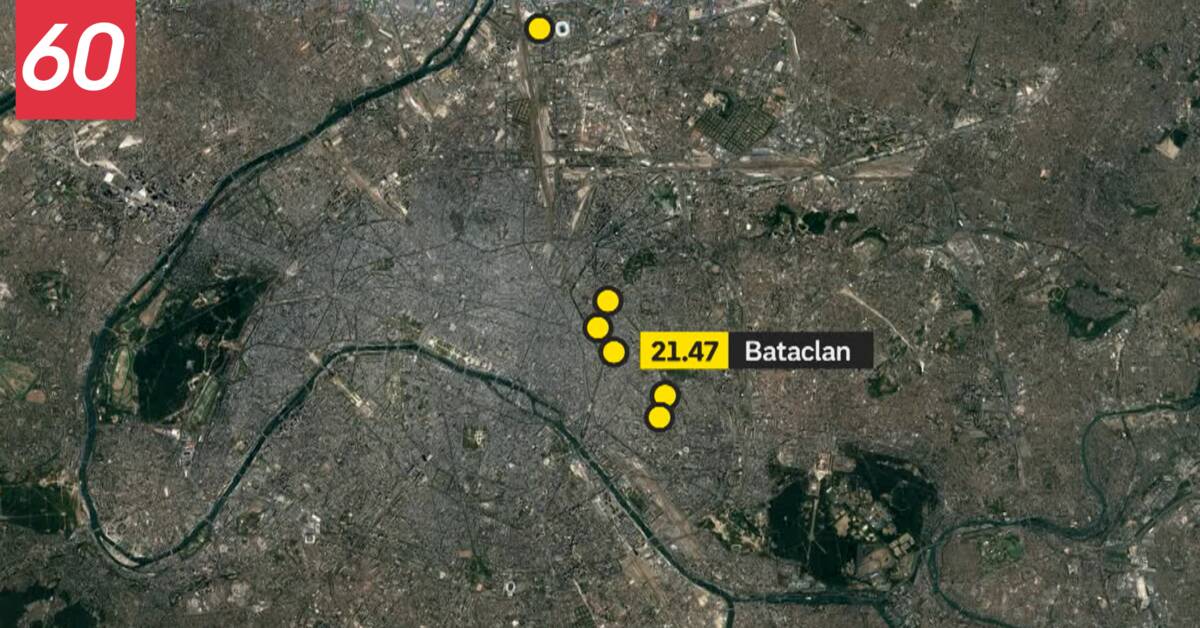The trial has been going on since September 8 - the largest in the country's history.
Around 1,800 people, victims or close relatives, are plaintiffs.
20 men are accused of having helped in various ways to plan and carry out the terrorist attacks, among other things by having acquired weapons and made bomb belts.
They risk all many years of imprisonment when the sentence falls today.
One of them, 32-year-old French citizen Salah Abdeslam, risks the law's harshest punishment: life imprisonment without the possibility of parole.
The only surviving terrorist
Salah Abdeslam is believed to be the only surviving terrorist who took part in the actual attacks.
The other nine, one of whom was Abdeslam's brother, died when they detonated their bomb belts, or during the arrests afterwards.
Salah Abdeslam is believed to have driven the first three terrorists to the Stade de France national arena.
He later threw his own bomb belt into a dustbin.
According to a police investigation, the bomb belt was defective and could not be detonated.
During most of the trial, Abdeslam has refused to answer questions, but claimed in March that he himself chose not to detonate the bomb belt.
Swedes risk life
The accused is also 29-year-old Swedish citizen Osama Krayem, whose fingerprints were found in the apartment where the Paris bombs were manufactured.
The prosecution is demanding a life sentence for Krayem, and when the trial in Paris is over, a new one is waiting for him in Belgium, regarding his participation in the terrorist attack in Brussels.
National trauma
Psychoanalyst Claude Halmos describes the attacks as a national trauma, and believes that the long trial has a therapeutic effect on French society.
- The presence of the accused is important, because it breaks through the idea of an anonymous and almighty force that can strike anywhere.
The legal process gives victims and their families, but also society as a whole, time for a process that does not erase the horror and its effects, but helps to digest them more easily.

